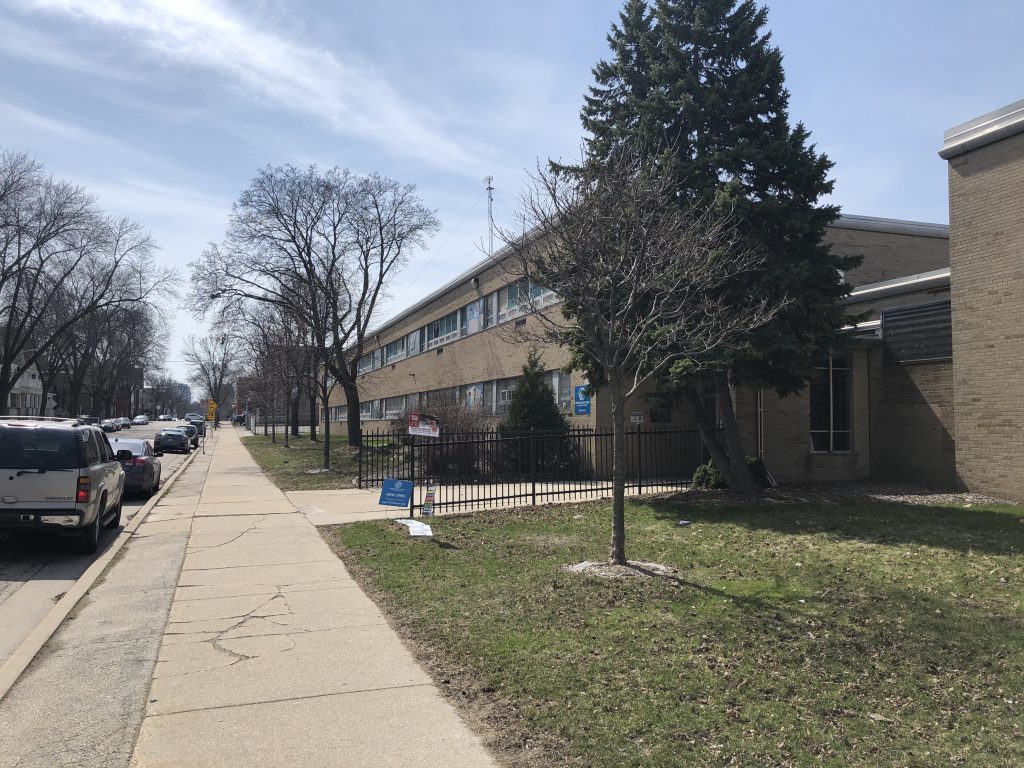Teachers Pay May Rise By 8%
Can MPS afford this? Will state funding be enough to prevent teacher shortages?
When Wisconsin school districts begin their new fiscal school year this fall, many will increate teachers’ base pay by 8%, the maximum allowed under state law, which allows negotiated salary hikes only as high as increases in the consumer price index (CPU), which was 8% in the past year. Last year, the annual CPU, as measured by the state Department of Revenue, was 4.7% and many school districts increased pay by that much.
School districts that gave a lower raise often paid a penalty in hiring and retaining educators. Madison had difficulties in finding teachers after capping base pay hikes to 3%. Milwaukee Public Schools matched the 4.7% and may have faced even greater staff shortages had it followed Madison’s lead.
Beyond state funding and local property tax revenue, MPS and other districts are still sitting on unspent federal Elementary and Secondary Emergency Relief (ESSER) funds that were allocated to help school districts cope with the pandemic. ESSER I funds had to be spent by September 2022. ESSER II funds must be spent by September 2023; ESSER III by September 2024.
Then comes a fiscal cliff for school districts if the state budget doesn’t fill in the gaps, says Dan Rossmiller, director of governmental relations for the Wisconsin Association of School Boards. Legislators may be reluctant to allocate large amounts of funds to school districts until districts are in financial crisis mode. But Wisconsin legislates with a two-year budget cycle, and ESSER funds will run out well before the two-year cycle ends.
At the full MPS board meeting, Chris Thiel, MPS legislative policy specialist, presented a report with the district’s recommended priorities for this upcoming state budget. While all districts agree that per-pupil spending must increase, not all districts are in the same economic situation. Said the report, “If the call to place the best teachers in classrooms with the students who most need them is to be heeded, fiscal policy must be designed to assist with that effort.”
Rossmiller says there are ways to help school districts in dire need of additional funding. Rural districts with few students over large geographic areas have been pressing for an increase in sparsity aid from the state.
For MPS, a key financial issue is the cost of special education and low rate of funding for it by the state. “We are getting 30% reimbursement for special education costs, and if we were to get 60% or go up to 90% which is what the special needs voucher offers [choice] schools, that would be over a 100 million dollars” for Milwaukee, said Milwaukee School Board president Bob Peterson at the district’s January 24 budget meeting. MPS has a much higher percentage of special education students and teachers than most other districts.
Gov. Evers outlined his education proposals at the Wisconsin State Education Convention on January 20. He wants to spend $2 billion more on the state’s public schools and has proposed a special education reimbursement increase to 60%.
Evers believes we have to do more to encourage college students to become teachers. At the MPS budget meeting, school superintendent Keith Posley said he had met with Evers and discussed this very issue. “We are not just turning out” new teachers around the country, said Posley. “Our pipeline [for new teaches] has been our paraprofessionals, and now we are short at the paraprofessional level because we have pushed a number of those paraprofessionals into the teaching ranks.”
It will take several years to get college students ready to enter district classrooms. One immediate source of licensed educators is retired teachers who face a financial penalty in their retirement benefits if they return to the classroom full time. Evers believes we should follow the lead of other states and lift that penalty.
Posley says the district is reaching out to prospective international teachers and recently interviewed over 400 international teachers at a recent recruitment fair.
A MPS compensation study is expected to be released in February with recommendations on what can and needs to be done to staff MPS classrooms. But that will likely come to down to costs. It remains to be seen whether MPS and poorer districts in Wisconsin will have the money necessary to recruit and retain the teachers they need.
If you think stories like this are important, become a member of Urban Milwaukee and help support real, independent journalism. Plus you get some cool added benefits.
Political Contributions Tracker
Displaying political contributions between people mentioned in this story. Learn more.
K-12 Education
-
The Unknown MPS Office
 Jun 26th, 2024 by Terry Falk
Jun 26th, 2024 by Terry Falk
-
Who Is Eduardo Galvan?
 Jun 19th, 2024 by Terry Falk
Jun 19th, 2024 by Terry Falk
-
How Will School Board Hire New Superintendent?
 Jun 10th, 2024 by Terry Falk
Jun 10th, 2024 by Terry Falk























Probably a good idea to stop spending more money on MPS and get our poor children in the city into higher performing voucher schools.